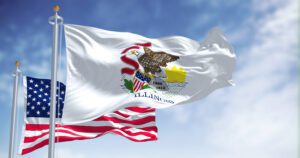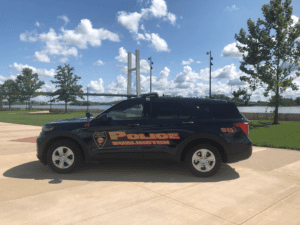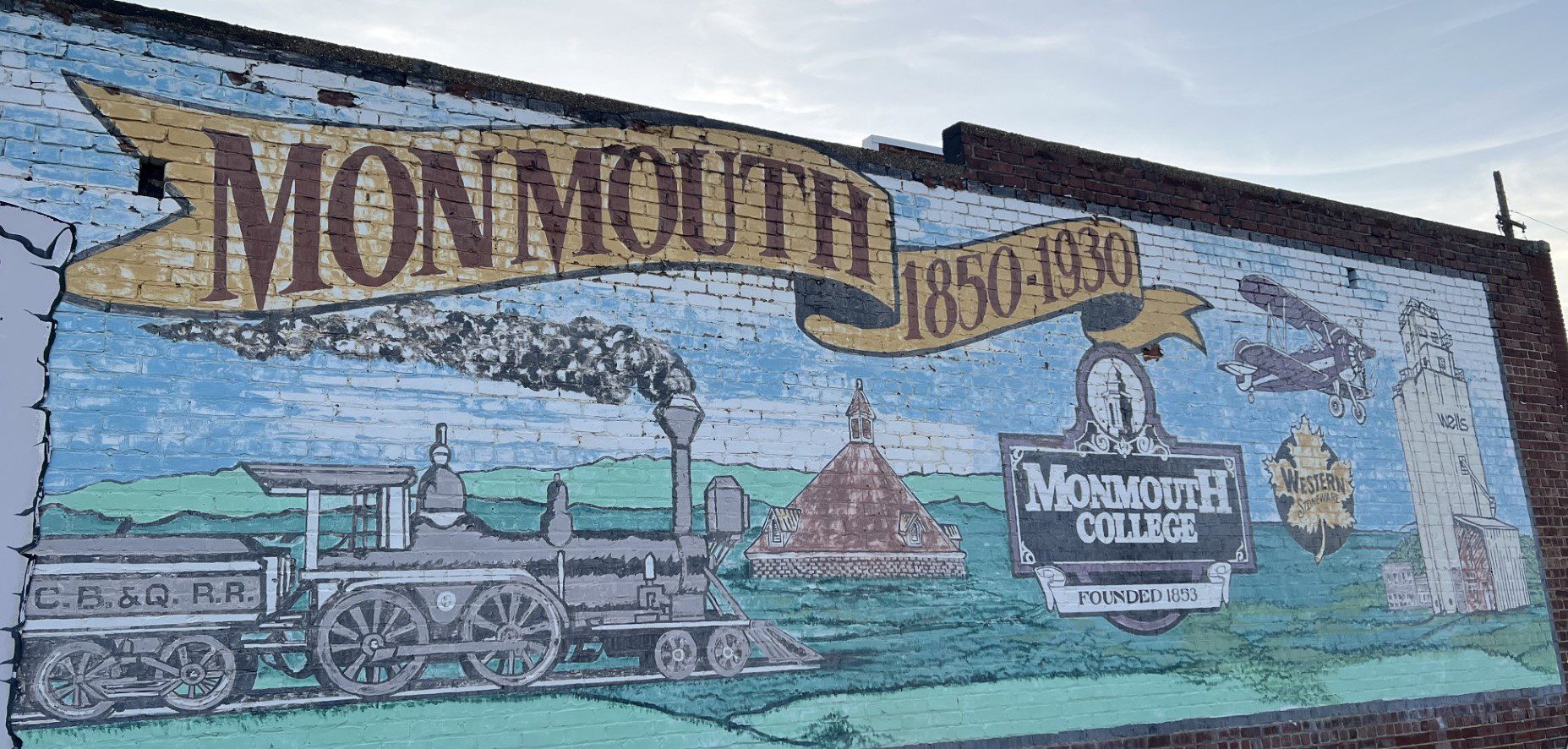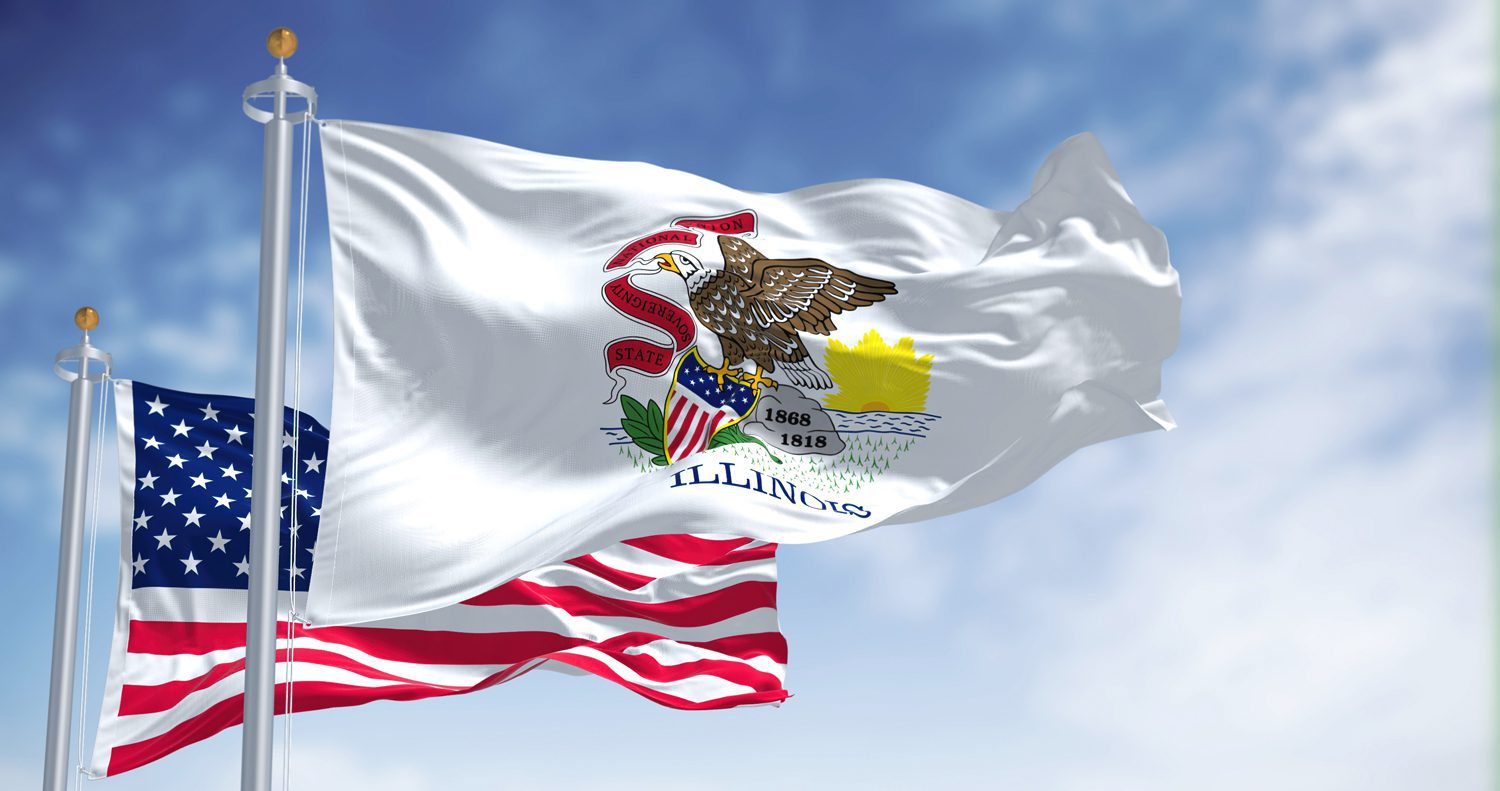By Dr. Mark DePue
Gary Joyner spent his early years working, hunting and fishing on his father and grandfather’s farms near Equality, Ill., while also cultivating dreams of flying. “My goal was to be a fighter pilot in the Air Force,” he recalled during a 2021 interview with the Oral History Program at the Abraham Lincoln Presidential Library and Museum.

As high school graduation approached, Gary discovered that Air Force pilots needed to have a degree, so he enrolled in college. But then he saw an article in a local newspaper with the headline “U.S. Army wants high school graduates for helicopter pilots.” He dropped out of college in the spring of 1963 and took the article to his recruiter in Dixon, Ill., where his family now lived.
In January 1964 Gary began the Warrant Officer Candidate Program. He went straight from basic training to Primary Helicopter School at Fort Wolters, Texas, where 50-60 percent of his class washed out of the program. Not Gary, who thrived on the discipline and quickly mastered the basic piloting skills. On November 4, 1964, Gary became a newly minted Army warrant officer, and proudly wore a new set of Army aviator wings.
Warrant Officer Joyner had also received orders for Vietnam, but first he looked forward, along with the rest of his class, to a full month of leave. Inexplicably however, while everyone else got the full month, Gary only got two weeks. “I was the only one. I have no explanation for that,” he said.
Later, Gary would reflect on the strange quirk of fate that probably saved his life.
While the rest of his class enjoyed leave, Gary arrived in Vietnam at the end of November, one day before his twentieth birthday. He was initially assigned to an aviation platoon in the delta region of South Vietnam, flying UH-1 Huey gunships and “slicks” (troop carriers). He was then transferred to the Da Nang area farther north where he once again served as a helicopter co-pilot on Huey gunships, seeing plenty of action as the intensity of fighting in Vietnam steadily ramped up.

In one memorable mission, his gunship was flying in support of a flock of Marine helicopters inserting troops into enemy territory near Da Nang. As soon as the Marines hit the ground, they began to take heavy enemy fire. After completing the mission, Gary’s gunship left the area to refuel, but they were immediately called back to support the Marines, laying down heavy suppressive fire against the enemy.
Over the din of battle, with all six of the gunship’s machine guns firing, Gary and the pilot could not hear the helicopter’s engine or the impact of incoming fire.
“Eight to twelve rounds came in through the windshield and hit the bulkhead between us two pilots. … It cut the wires that ran from the transmission and engine to the instruments that we had in the cockpit,” Gary said.
Thinking they had lost engine power, and following the protocol for a power loss, the pilot “rolled the throttle off and put the collective down in auto rotation” – in other words, they prepared for a very hard landing as the aircraft fell to the ground. Only then did they notice they still had power, and the pilot once again took control of the gunship.
Months later, Gary was stunned when he received a Distinguished Flying Cross for the action.
Like everyone else in Nam, Gary maintained a short-timer’s calendar, relishing the chance to mark off another day closer to home, especially after receiving orders that would send him to Fort Bragg, N.C.
“One day I was in the company area and I got a call that said, ‘report to the executive officer.’ Well, that’s like telling a student in high school to report to the assistant principal. … ‘Oh boy, what have I done now?’,” Gary said.
But he wasn’t in trouble. Gary recalled the conversation this way:
“‘Gary,’ he said, ‘your orders have been changed.’
“I said, ‘really!’
“‘Instead of going to Fort Bragg, you’ve got new orders to go to Fort Wolters, Texas, and according to your reporting date here, you ought to be gone today, or tomorrow.’”
Two days later Gary was back home, two weeks before his tour was scheduled to officially end. But the coincidences did not end there.
“While I was home on leave, a couple of weeks after I left Vietnam, they started the war in the Ia Drang valley, and the gunship that I flew routinely – my aircraft – was involved in that battle, and it had a maintenance problem and the rotor blades separated from the helicopter at 1,400 feet in the air and the whole crew was killed, flying the helicopter that I would have been flying,” he said.
While grieving for his friends and struggling to understand the incident afterward, Gary concluded that “I think it happened because I got that two-week leave instead of four. And why did I get two weeks leave instead of four? … I think God was protecting me. … He decided I was not to be in it.”
As far as Gary is concerned, it is one of the mysteries of life. “God takes care of people,” says Gary, “and fools like me.”
Mark DePue is the Director of Oral History at the Abraham Lincoln Presidential Library. You can listen to Gary Joyner’s entire interview at www.oralhistory.illinois.gov and follow the ALPLM on Facebook, Twitter and Instagram.














